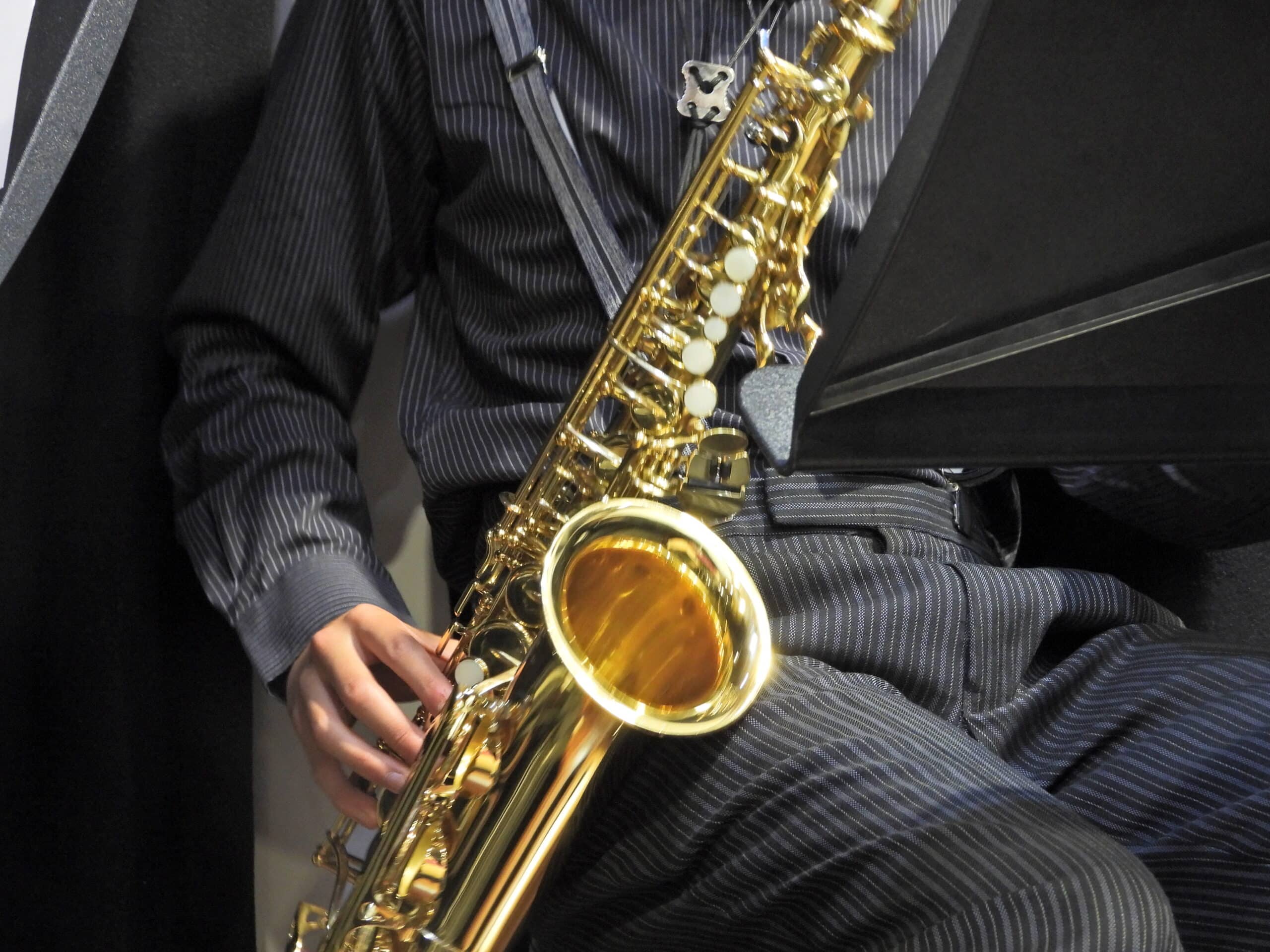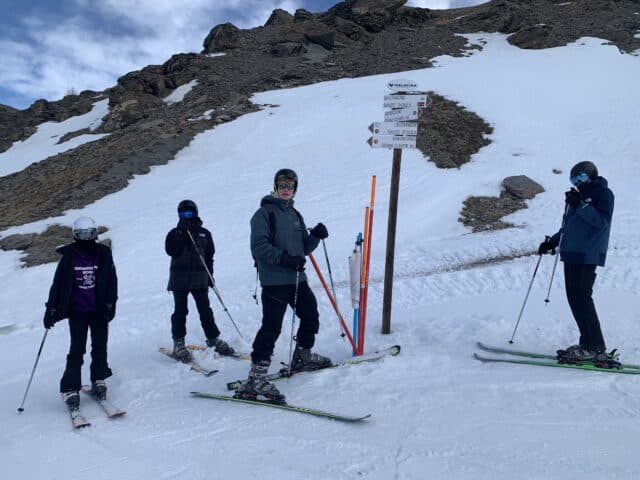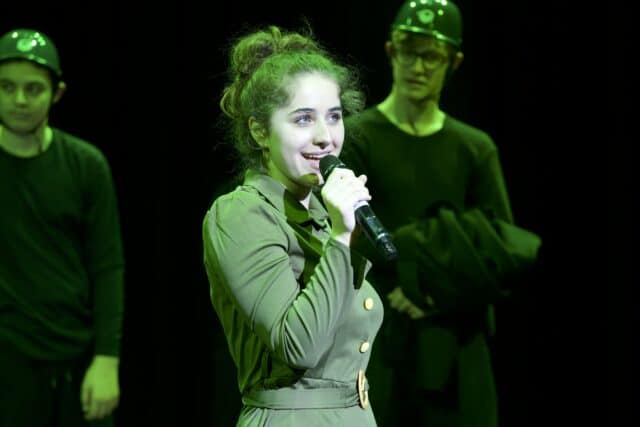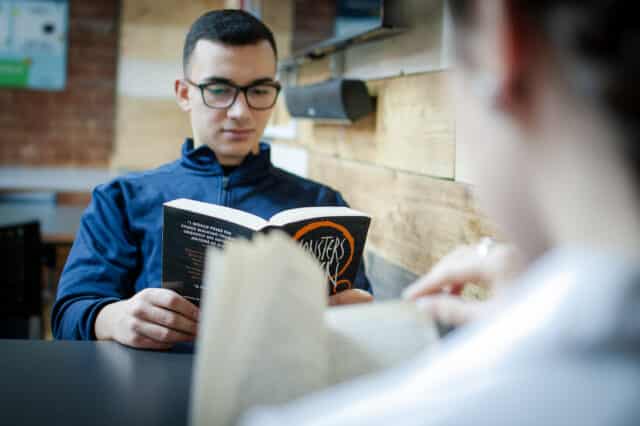Related articles
During the Spring term, our House Music Competition perfectly coincided with World Music Therapy Day on 1st March 2023. Students from across the Lower School and Sixth Form gathered in the theatre where they learnt about the healing power of music and enjoyed a range of musical styles and genres. In this article, Teacher of Music, Mr Stoker, explains the research behind the link between music and mental wellbeing, and how understanding the emotional effects of music can help our young musicians to become better performers.
Mr Stoker, Teacher of Music:
"Music is inherently an emotive and personal subject. Whether we listen, compose or perform, each of us has our own interpretation which is as individual as it is interesting. As Teachers of Music, it is our job to work with the learner to tap into the emotional side of music so they can utilise it in their own work.
Music therapy is a branch of music that delves into the science of music and asks the questions of how music can affect our brain chemistry and how we can utilise that effect to help certain groups of people.
Plato considered that music played in different modes would arouse different emotions; for example, major chords are perceived to be cheerful, while minor ones are sad. In the 20th century, Helen Bonny was a pioneer in the world of music therapy, developing the Bonny Method of Guided Imagery and Music (GIM). GIM uses music to try to boost production of the brain’s hormones during low spells of depression. Classical music is known for its healing properties, and Bonny developed a library of music that was proven to be beneficial to the listener. During her therapy sessions, Bonny would guide clients through a sequence of classical music that was designed to stimulate certain emotions and experiences, with clients describing their thoughts and feelings along the way."
"…Music therapy activities such as singing, playing instruments and musical games, moving and improvising encourage self-awareness, self-expression, and social interaction. Relationships begin to develop among residents and with the therapist. At the same time, the music sessions provide a common, unifying experience, creating a bond among the group members…" – Lisa Summer, Guided Imagery and Music with the Elderly
The ideas behind this research are embedded as much as possible into the music curriculum at KPS. Our students are encouraged to use songwriting and performance as a way of accessing positive emotions and working through more difficult ones, allowing them to regain control of their experiences, and gain first-hand understanding of how music can impact overall health and well-being.






